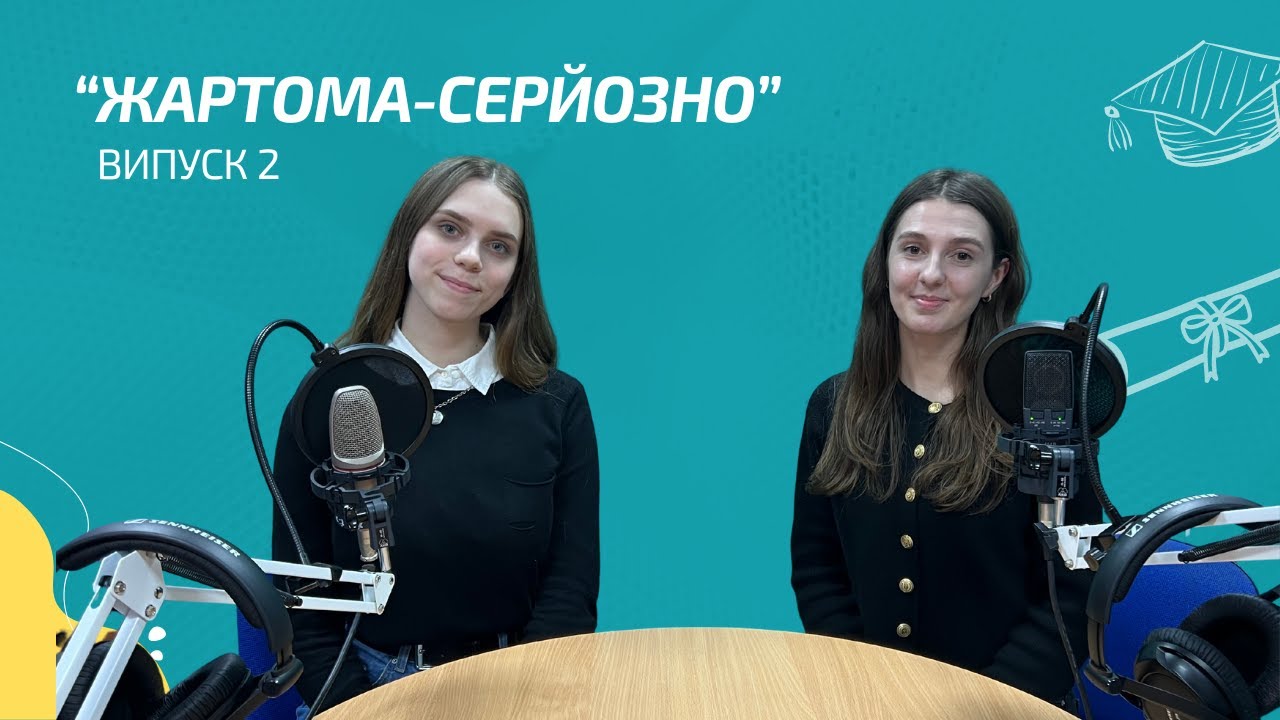You're not stupid: My study formula for learning anything in less time
Summary
TLDRIn this educational video, the speaker shares her journey from a rigorous Chinese education system to attending Columbia University, emphasizing the importance of efficient learning over long hours of study. She introduces a two-part study system focusing on learning new concepts from the big picture to core basics and then details, followed by active revision through self-testing and using tools like the Theia study app. The speaker debunks the myth of long hours equating to good grades and advocates for a more strategic approach to studying.
Takeaways
- 🏫 The speaker began their educational journey at a young age, attending a rigorous military-style boarding school in China, which emphasized long hours of study and frequent exams.
- 🌐 Despite the intense study schedule, the speaker did not initially get into their dream college in China, which led them to pursue education abroad, eventually attending Columbia University.
- 📚 The speaker emphasizes the importance of efficient learning methods, rejecting the notion that good grades solely come from long hours of study.
- 🔍 They advocate for starting with a broad understanding and core basics of a subject before delving into details, drawing a parallel to the effectiveness of concise YouTube videos over lengthy lectures.
- 📈 The speaker introduces the 80/20 rule, suggesting that mastering the core basics (the 20%) often leads to 80% of the desired outcomes.
- 📝 They recommend using the table of contents or section headlines to structure the learning process and to answer basic questions about a topic in simple language.
- 🧠 The speaker highlights the effectiveness of active recall and self-testing as a means to improve long-term memory and mastery of a subject.
- 📱 They introduce 'Theia Study', an app that uses active recall and gamification to aid in learning and testing, which the speaker found particularly helpful.
- 📅 The speaker suggests that the best time to review and test material is soon after learning it, rather than right before an exam, based on research findings.
- 📈 The speaker outlines an ideal learning system that includes understanding core concepts, engaging in self-testing shortly after learning, and comprehensive revision before exams.
- 🎓 Lastly, the speaker reiterates their endorsement of Theia as a tool that encapsulates the learning strategies discussed and is accessible to all students for free.
Q & A
Why did the speaker start attending math Olympiad competition classes at the age of six?
-The speaker began attending math Olympiad competition classes at six not because they were good at or liked math, but to earn extra credits for the gaokao, China's college entrance exam, which is known as one of the toughest exams in the world.
What was the daily routine like at the military-style boarding school the speaker attended?
-At the military-style boarding school, the speaker studied 14 hours a day with no weekends. They would wake up at 6 a.m., run half a mile, and study until 10:30 p.m., only going home once every 40 days.
How many exams did the speaker take in one year at the boarding school?
-The speaker took over 200 exams in one year at the boarding school.
Why did the speaker decide to study abroad?
-The speaker decided to study abroad because they did not get into their dream college in China.
What is the speaker's perspective on the relationship between good grades and the time spent studying?
-The speaker believes that the idea that good grades come only from long hours of study is a myth. They emphasize that how one studies matters more than how long one studies.
How does the speaker approach learning a new concept?
-The speaker starts with the big picture and core basics before diving into the details. They learn by understanding the core basics first and then move on to more advanced materials.
What is the 80/20 rule as applied to learning according to the speaker?
-The 80/20 rule in learning, as mentioned by the speaker, suggests that 80% of the results come from 20% of the effort, and those important 20% are usually the core basics.
Why does the speaker not reread or rewatch lectures after the initial exposure to the material?
-The speaker does not reread or rewatch lectures because mastering information is not about the number of times one is exposed to the material, but about testing oneself and recalling information from memory, which leads to long-term memory and mastery.
What is the speaker's recommended time frame for reviewing material after learning it?
-The speaker recommends reviewing the material the same day or relatively soon after learning it, as research shows that this leads to better performance compared to reviewing right before an exam.
What is the speaker's ideal optimized Learning System?
-The speaker's ideal Learning System involves understanding the core basics from lectures, diving into details, asking and getting answers to questions promptly, doing homework or self-testing the same day or the day after learning, and reviewing and doing mock tests before exams.
How does the speaker feel about the Theia study app and its features?
-The speaker is very impressed with the Theia study app, appreciating its incorporation of efficient learning techniques and strategies, and its features that help students study more efficiently. They also value the app's accessibility as it is currently free.
Outlines

此内容仅限付费用户访问。 请升级后访问。
立即升级Mindmap

此内容仅限付费用户访问。 请升级后访问。
立即升级Keywords

此内容仅限付费用户访问。 请升级后访问。
立即升级Highlights

此内容仅限付费用户访问。 请升级后访问。
立即升级Transcripts

此内容仅限付费用户访问。 请升级后访问。
立即升级浏览更多相关视频

Hong Kong Stories: Connected with Hong Kong : Namaste Hong Kong:Compulsory Lesson

Education system in China।चीन की शिक्षा व्यवस्था भारत से कितनी अलग? सरकारी स्कूल में अच्छी सुविधा

"Жартома-серйозно". Випуск №2. Як це навчатися в Китаї?

Why you understand the math but CAN'T solve problems

Bronte McKinnis (Chemical Engineering) (2025)

Education Beyond Privileged | Fathia Fairuza | TEDxSampoernaUniversity
5.0 / 5 (0 votes)
